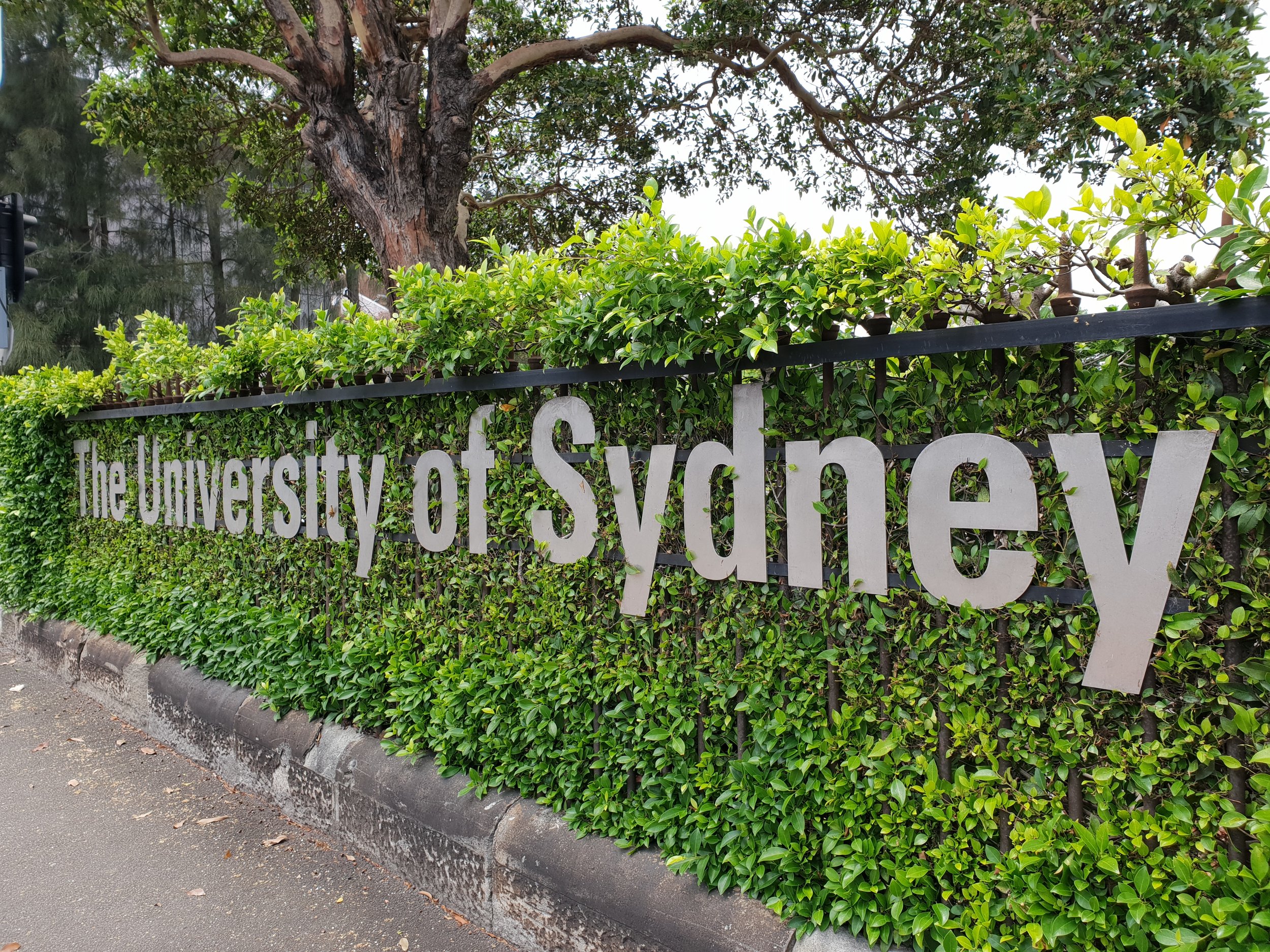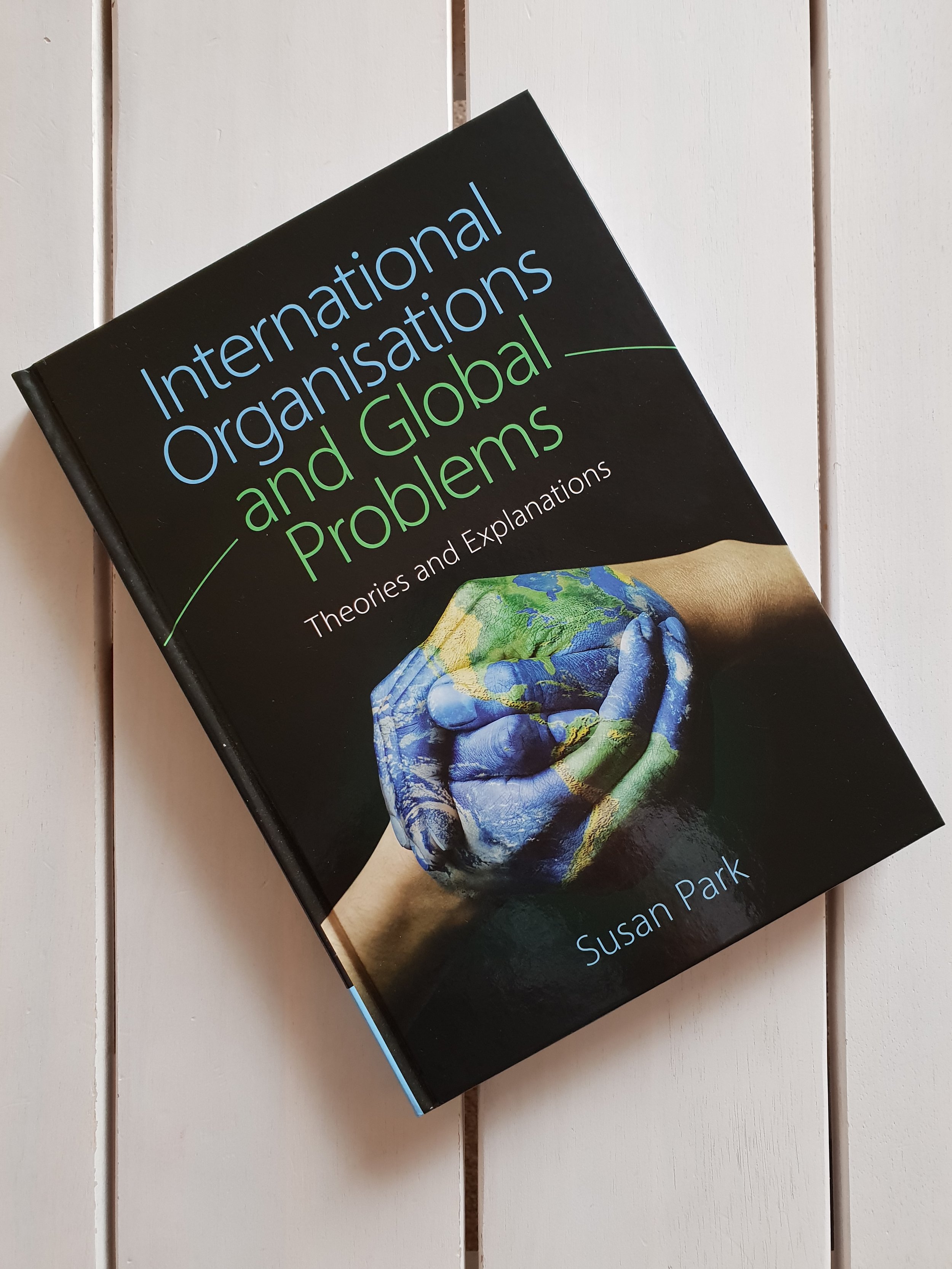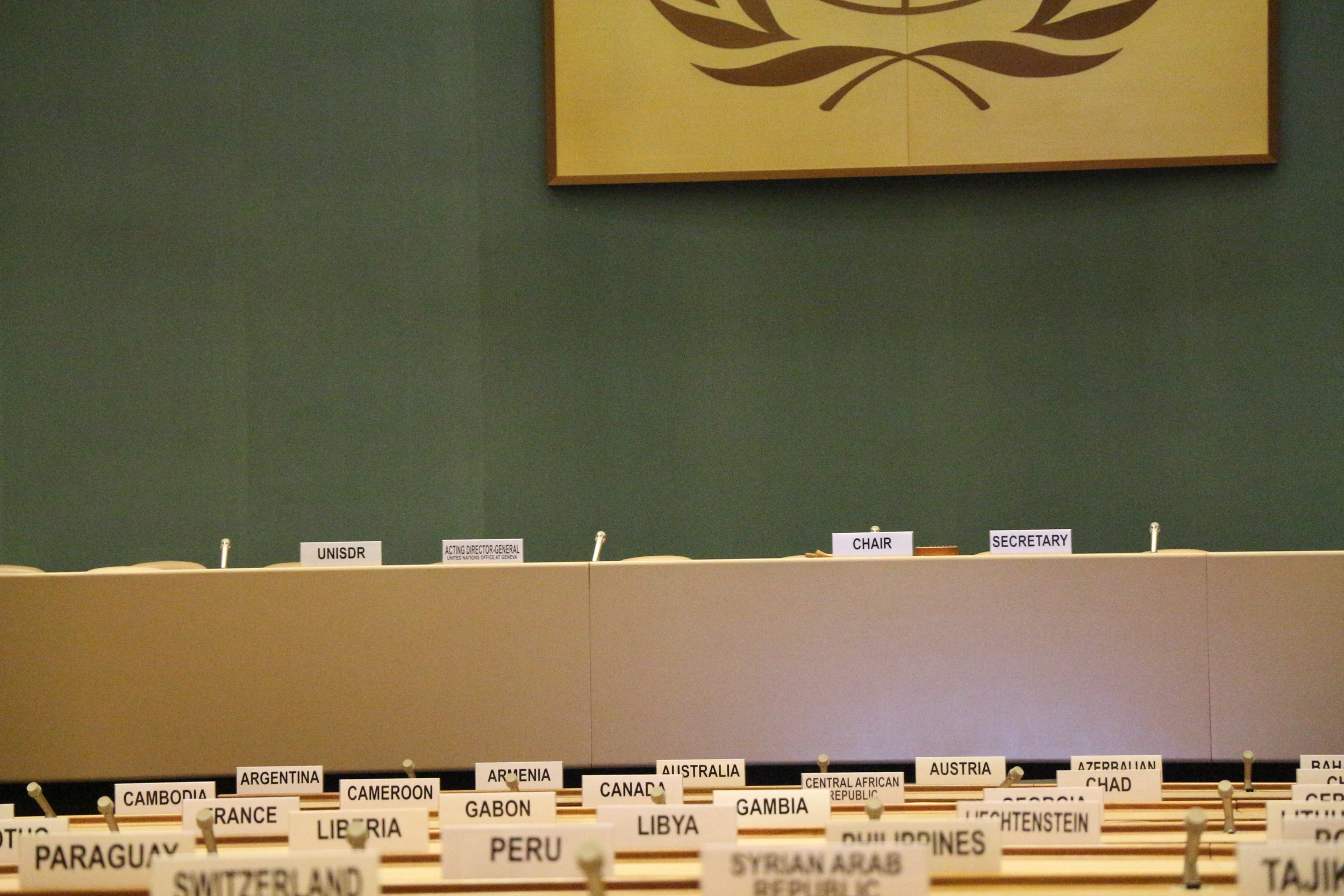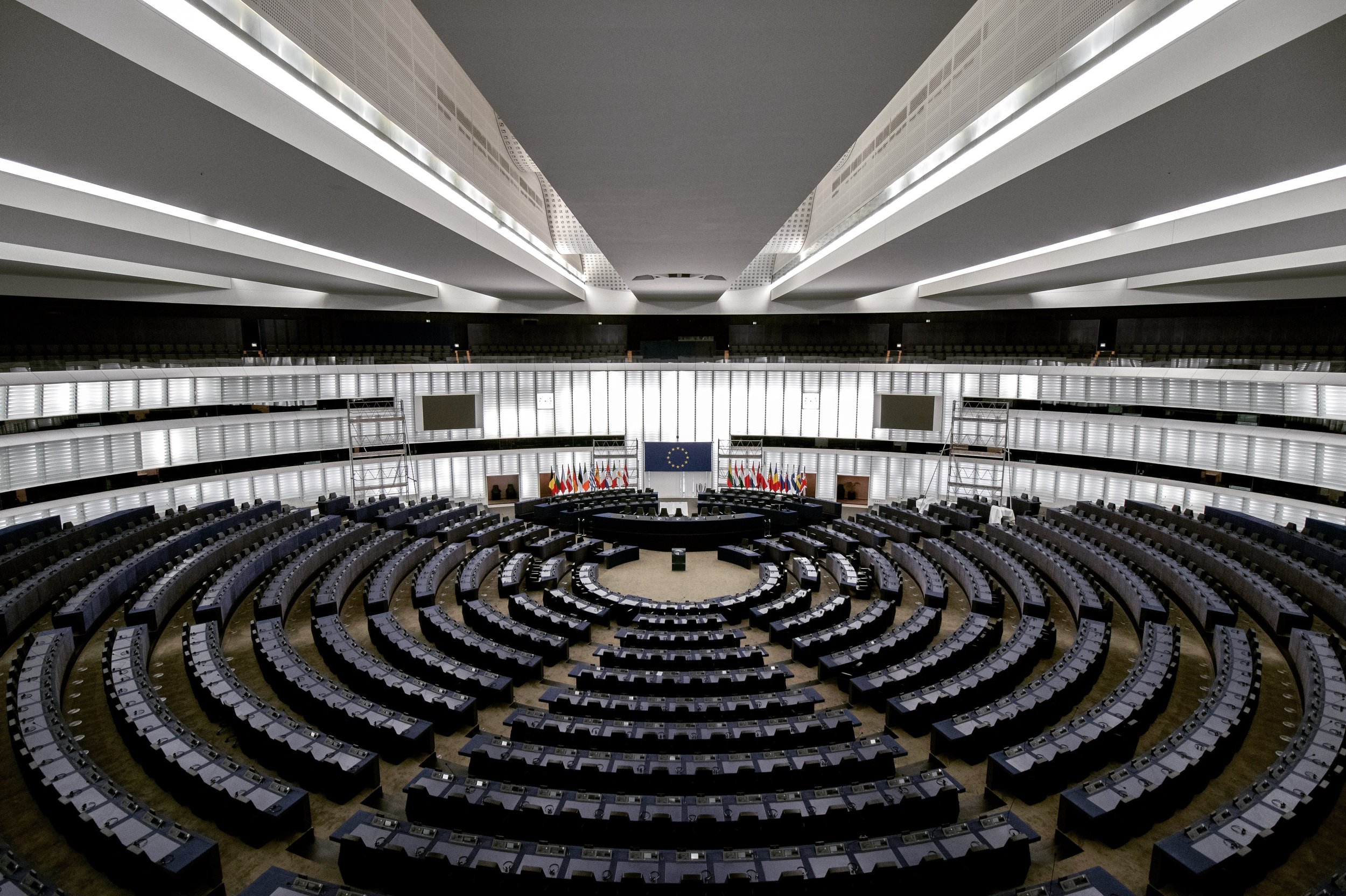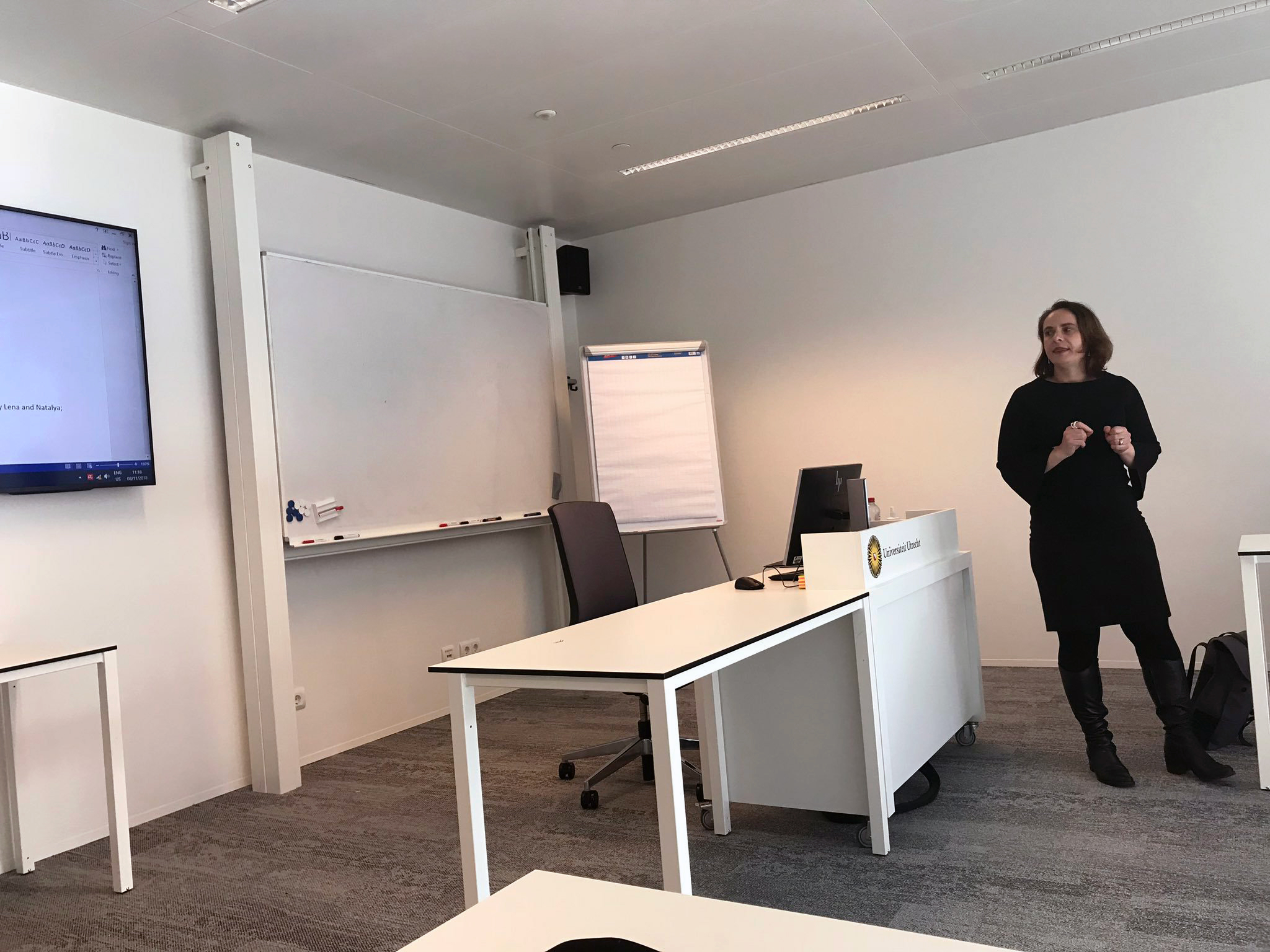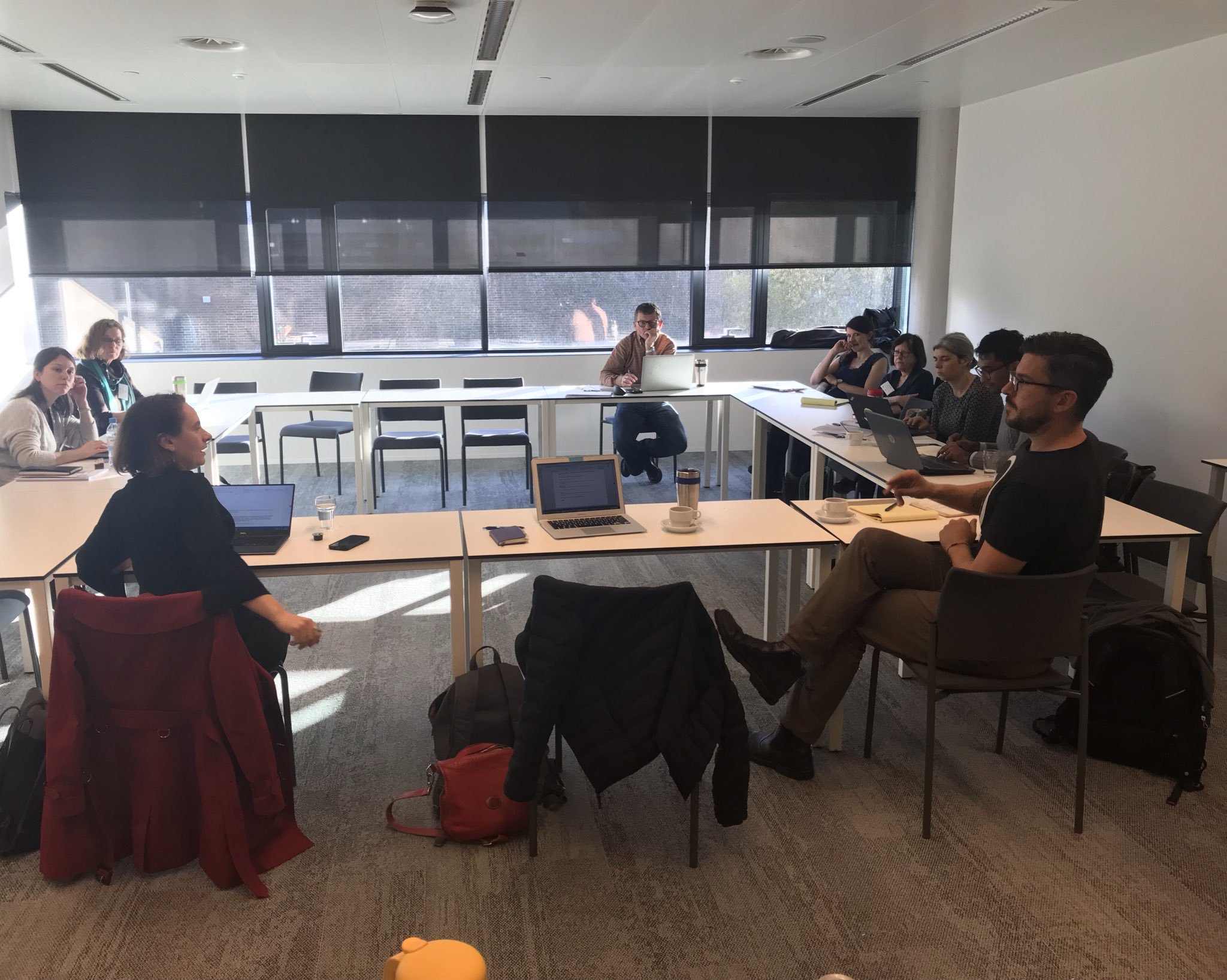My new article published in Global Policy, is available to read and access.
Abstract
Created to facilitate the transition of economies of Central and Eastern Europe towards democracy and the free market, the European Bank for Reconstruction and Development (EBRD) is a regional institution in the development finance regime complex. This article examines how the EBRD’s independent accountability mechanism (IAM) emerged and changed to demonstrate how policy norms filter through regime complexes. This is important because new ideas can change behavioural expectations and institutional practices across a complex. Tracing where the idea originated from and how it took hold is therefore central to understanding member state interests, the EBRD’s response considering its organisational preferences, and how the policy norm solidified through inter-institutional learning. This deepens our understanding of the development finance regime complex in two ways: first, it, shows how ideas can filter through to seemingly independent institutions via member states, bureaucrats, and stakeholders. This supports the argument that the development finance regime complex is coherent with increasingly consistent rules and obligations. Second, it reminds us not to reify states; while they demanded institutional change nonstate actors influence what constitutes appropriate behaviour for development financiers.

